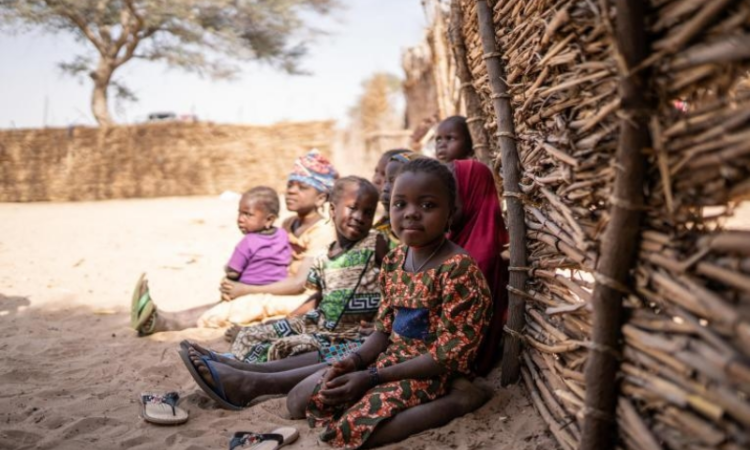United Nations, March 21, 2025: The United Nations has raised alarms over a looming child survival crisis due to dramatic global aid cuts, warning that over a million severely malnourished children in Nigeria and Ethiopia alone will lose access to treatment unless immediate funding is restored.
The United Nations Children’s Fund (UNICEF) decried the devastating impact of recent sudden cuts to foreign aid by the United States—long the world’s largest donor—along with reductions from other nations. “Even a brief halt of UNICEF’s critical life-saving activities risks the lives of millions of children at a time when needs are already acute,” said Kitty van der Heijden, UNICEF’s deputy chief, speaking from Nigeria.
Van der Heijden, after visiting Ethiopia’s northern Afar region and Maiduguri in northeastern Nigeria, highlighted the stark reality of the funding crisis. In both countries, 1.3 million children under five suffering from severe acute malnutrition could lose treatment this year, putting them at high risk of death. Only seven out of 30 UNICEF-supported mobile health and nutrition units remain operational in Ethiopia’s Afar region. Supplies of Ready-to-Use-Therapeutic-Food (RUTF), a crucial treatment for severe malnutrition, will be completely depleted by May in Ethiopia and Nigeria. In Ethiopia, where 74,500 children require treatment monthly, stocks will run out by May. In Nigeria, where 80,000 children need treatment monthly, supplies may dry up between this month and May.
Van der Heijden noted that significant progress had been made in reducing childhood malnutrition over the past 25 years, with the number of stunted children decreasing by 55 million since 2000. Last year, UNICEF and its partners provided malnutrition prevention assistance to 441 million children worldwide and treated 9.3 million children for severe wasting and other acute malnutrition forms. “Today, those hard-earned gains are being rolled back,” she said, adding that sudden and unannounced cuts left no time to mitigate their impact on children’s programs.
While Ethiopia and Nigeria are among the most affected, UNICEF warned that the funding crisis is global, with 213 million children in 146 countries projected to need humanitarian aid in 2025. “This is happening around the world, and the most vulnerable children are bearing the brunt,” van der Heijden said.
Calling for urgent action, she warned: “This funding crisis risks becoming a child survival crisis that is totally preventable. We should not allow the global community to fail children in this way.”








